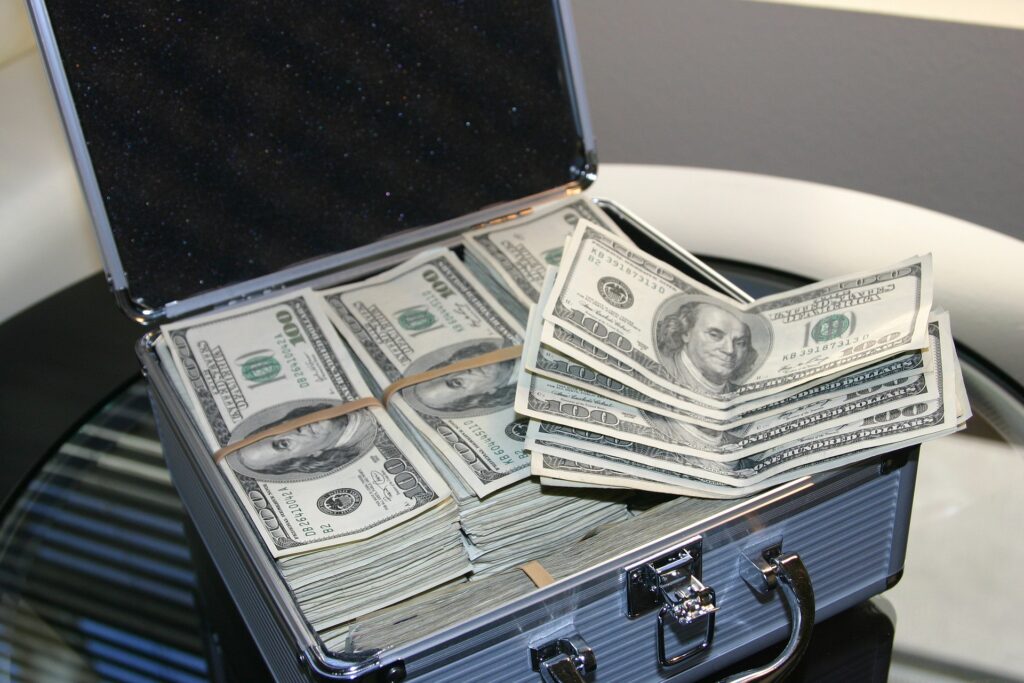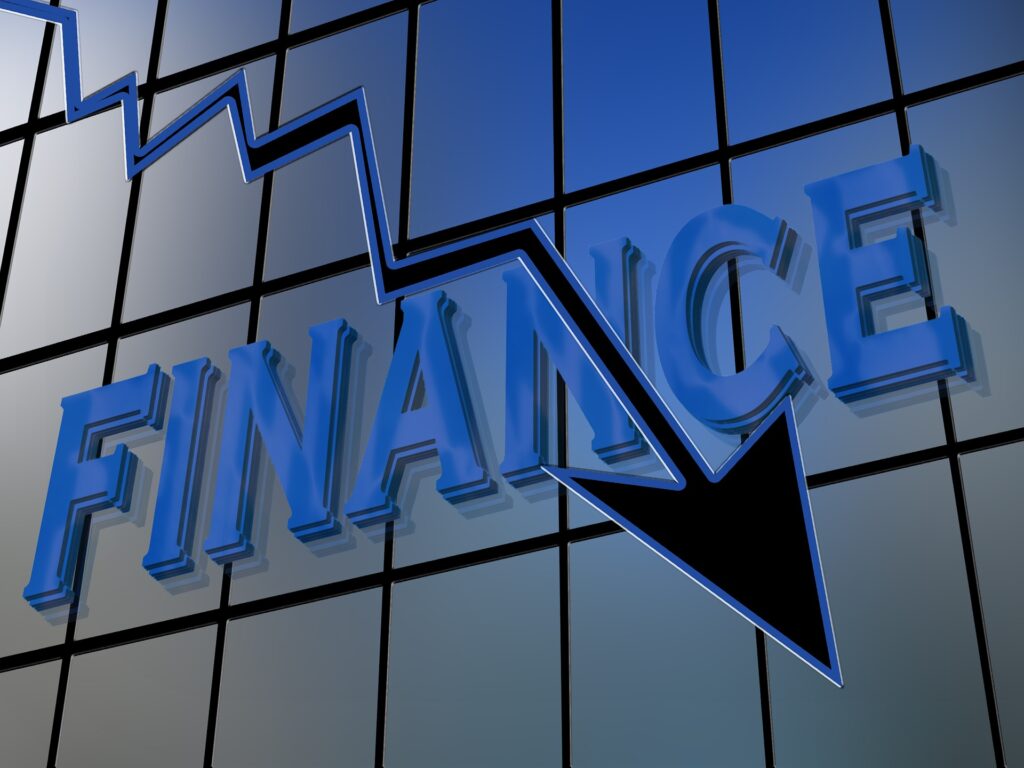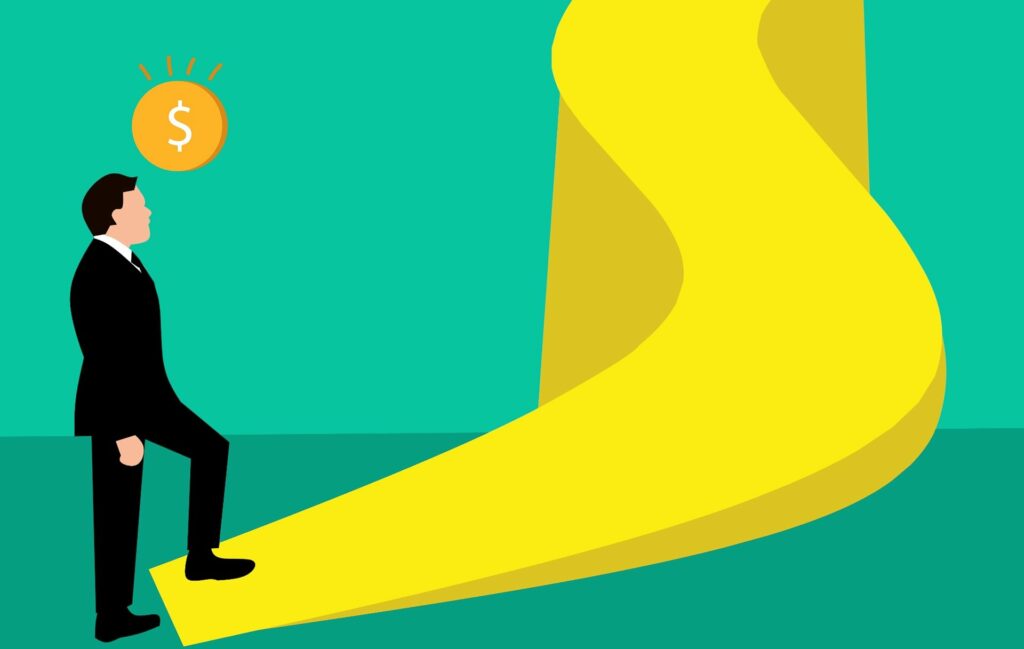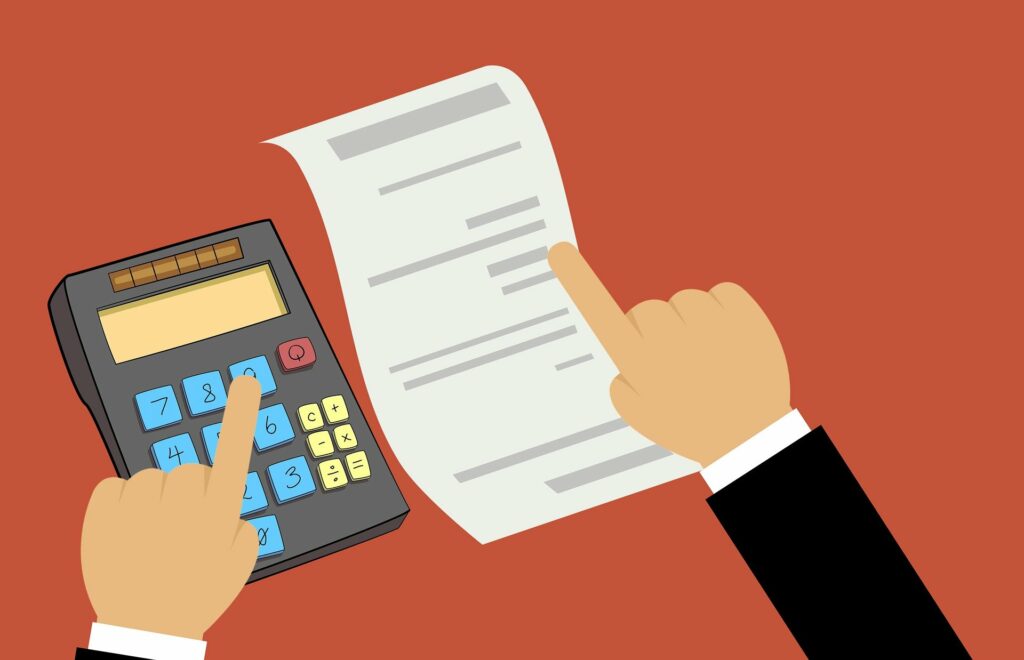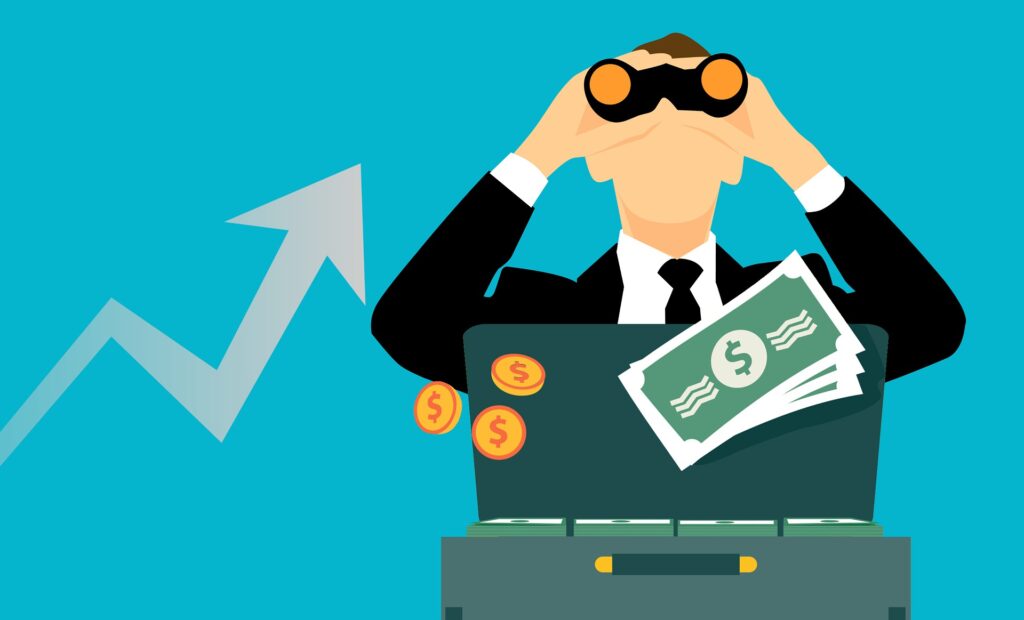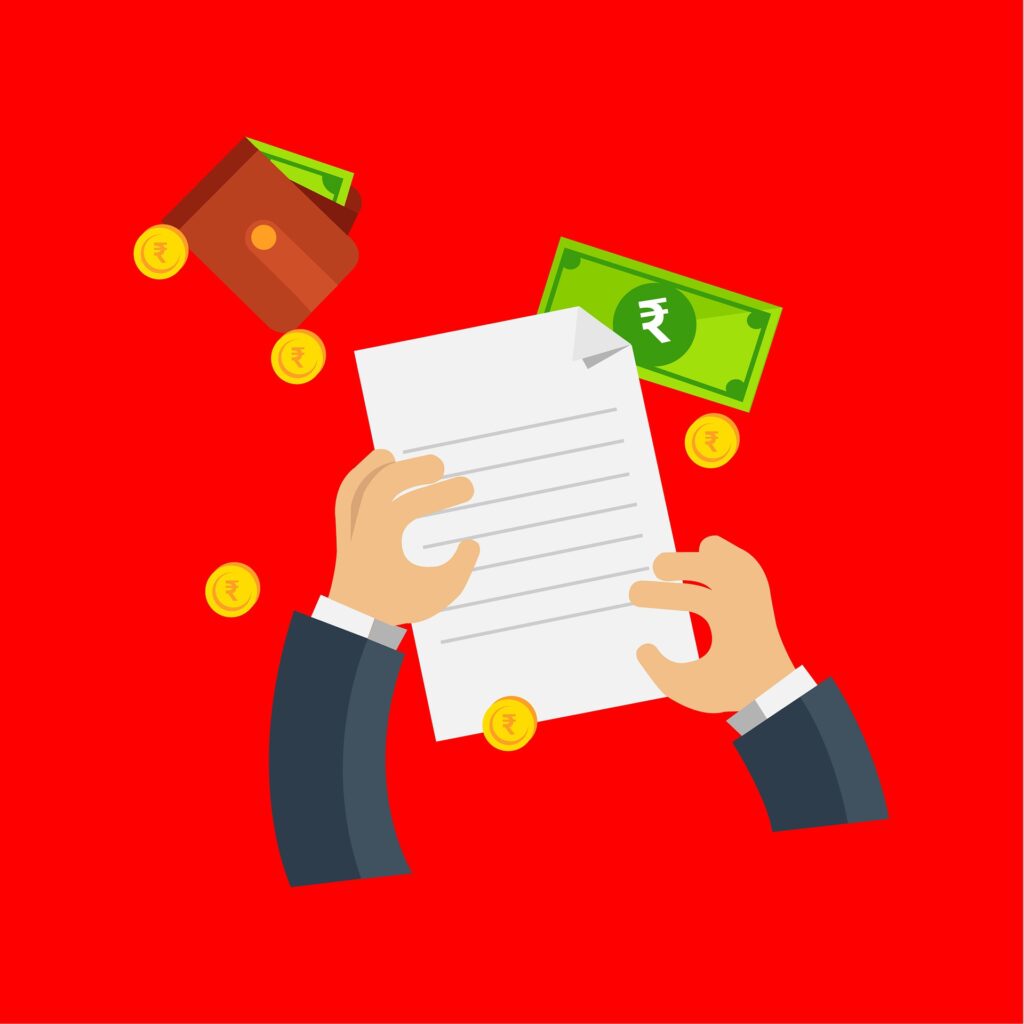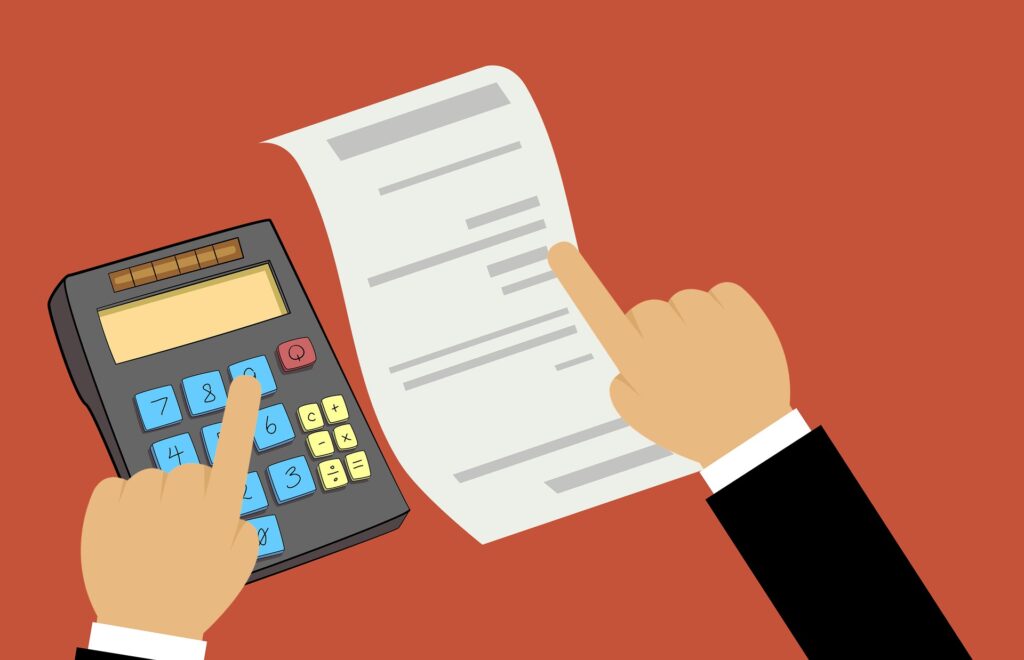In an era marked by financial uncertainty and ever-rising living costs, saving money has become more crucial than ever. Whether you are aiming to build an emergency fund, pay off debts, or achieve a specific financial goal, saving $25,000 in a year might seem daunting. With that said, with strategic planning, disciplined budgeting, and smart financial decisions, this goal can be within reach.
Estimated Savings with Strategic Money Moves
- Automatic transfers: Automated Saving $500/month = $6,000/year
- Employer-sponsored retirement plan: Contributing $300/month = $3,600/year (assuming employer match)
- Less entertainment and dining out: Savings of $200/month = $2,400/year
- Cancelling unused subscriptions: Savings of $50/month = $600/year
- Shopping for essentials: Savings of $100/month = $1,200/year
- Negotiating bills: Savings of $50/month = $600/year
- Downsizing living space: Savings of $200/month = $2,400/year
- Adopting frugal mindset: Savings on miscellaneous expenses = $100/month = $1,200/year
- Utilizing coupons/discounts: Savings on groceries and shopping = $50/month = $600/year
- DIY projects: Savings on home repairs/maintenance = $75/month = $900/year
- Prioritizing high-interest debt: Savings on interest payments = $1,500/year
- Consolidation/refinancing: Savings on interest payments = $1,000/year
- Implementing energy-saving measures: Savings on utility bills = $75/month = $900/year
- Maximizing tax deductions/credits: Savings on taxable income = $500/year
- Practicing delayed gratification: Savings on impulse purchases = $50/month = $600/year
- Aligning spending with values/priorities: Savings on non-essential expenses = $150/month = $1,800/year
Set Clear Financial Goals
- Define your objectives: Determine why you want to save $25,000 in a year. Whether it’s for a down payment on a house, starting a business, or achieving financial independence, having a clear goal will provide motivation and direction.
- Break down the goal: Divide $25,000 by 12 to understand how much you need to save each month ($2,083). Breaking down the goal into smaller, manageable targets makes it less overwhelming.
Create a Budget
- Track your expenses: Start by documenting all your expenses for a month to identify where your money is going. This process will highlight areas where you can cut back and save which is vital during times of high inflation.
- Set spending limits: Allocate specific amounts to different categories such as housing, groceries, transportation, and entertainment. Use budgeting tools or apps to monitor your spending and stay within your limits.
Cut Expenses
- Reduce discretionary spending: Evaluate your spending habits and identify areas where you can cut back without significantly impacting your quality of life. This could include dining out less frequently, cancelling unused subscriptions, or shopping for essentials rather than indulgences and in times of high gas prices and where everything is more expensive this is critical.
- Negotiate bills and downsize: Contact service providers such as cable companies, internet providers, and insurance companies to negotiate better rates or switch to more cost-effective alternatives. In addition, consider downsizing your living space, selling excess belongings, or refinancing high-interest loans to reduce monthly expenses.
Automate Savings
- Set up automatic transfers: Arrange for a portion of your paycheck to be automatically transferred to a savings account before you have the chance to spend it. This “pay yourself first” approach ensures consistent savings without relying on willpower.
- Take advantage of employer benefits: Contribute to employer-sponsored retirement plans such as 401(k) or similar schemes, especially if your employer offers matching contributions.
Invest Wisely
- Diversify your investments: Consider allocating a portion of your savings to investment vehicles such as stocks, bonds, mutual funds, or real estate. Diversification can help spread risk and potentially generate higher returns.
- Research investment options: Educate yourself about different investment opportunities, risk profiles, and potential returns before making investment decisions. Seek guidance from financial advisors if needed.
Optimize Debt Management
- Prioritize high-interest debt: Focus on paying off debts with the highest interest rates first, such as credit card balances or payday loans. Allocate extra funds towards these debts while making minimum payments on others.
- Consolidate and refinance: Explore options to consolidate multiple debts into a single, lower-interest loan or refinance existing loans to secure better terms and reduce interest costs. In addition, contact creditors to negotiate lower interest rates, extended repayment terms, or debt settlement arrangements.
Leverage Tax Benefits
- Maximize tax deductions and credits: Take advantage of tax deductions for contributions to retirement accounts, mortgage interest payments, educational expenses, and healthcare costs.
- Contribute to tax-advantaged accounts: Increase contributions to tax-deferred or tax-free accounts such as Traditional IRAs, Roth IRAs, Health Savings Accounts (HSAs), and Flexible Spending Accounts (FSAs) to reduce taxable income and grow savings faster.
Practice Energy Efficiency
- Reduce utility expenses: Implement energy-saving measures in your home, such as upgrading to energy-efficient appliances, improving insulation, sealing air leaks, and using programmable thermostats. Install water-saving fixtures, fix leaks promptly, and practice water-conservation habits such as taking shorter showers and using water-efficient irrigation methods.
- Switch to renewable energy: Explore options for generating renewable energy on-site, such as installing solar panels or investing in community solar projects. Alternatively, choose energy providers that offer renewable energy options.
Foster a Supportive Environment
- Surround yourself with like-minded individuals: Seek out friends, family members, or online communities who share similar financial goals and values. Share experiences, tips, and encouragement to stay motivated and accountable.
- Seek professional guidance when needed: Don’t hesitate to consult with financial advisors, counselors, or mentors for personalized guidance and support. Professional expertise can provide valuable insights and help navigate complex financial situations effectively.
Review and Adjust
- Regularly review your budget and savings progress: Reassess your financial situation periodically to identify areas for improvement or adjustment. Life circumstances and financial goals may change, requiring you to adapt your savings strategy accordingly.
- Celebrate milestones: Recognize and celebrate milestones along the way to $25,000. Whether it’s reaching a certain savings threshold or achieving a specific financial goal, acknowledging your progress can boost motivation and morale.
The More You Save, the More Your Money will Compound
Saving $25,000 in a year requires discipline, commitment, and a strategic approach to managing your finances. By setting clear goals, creating a budget, cutting expenses, investing wisely, and regularly reviewing your progress, you can turn this ambitious financial objective into a reality. Remember that every small step you take toward saving and investing contributes to your long-term financial security and stability. With determination and perseverance, you can master the art of money management and achieve your savings goals.

